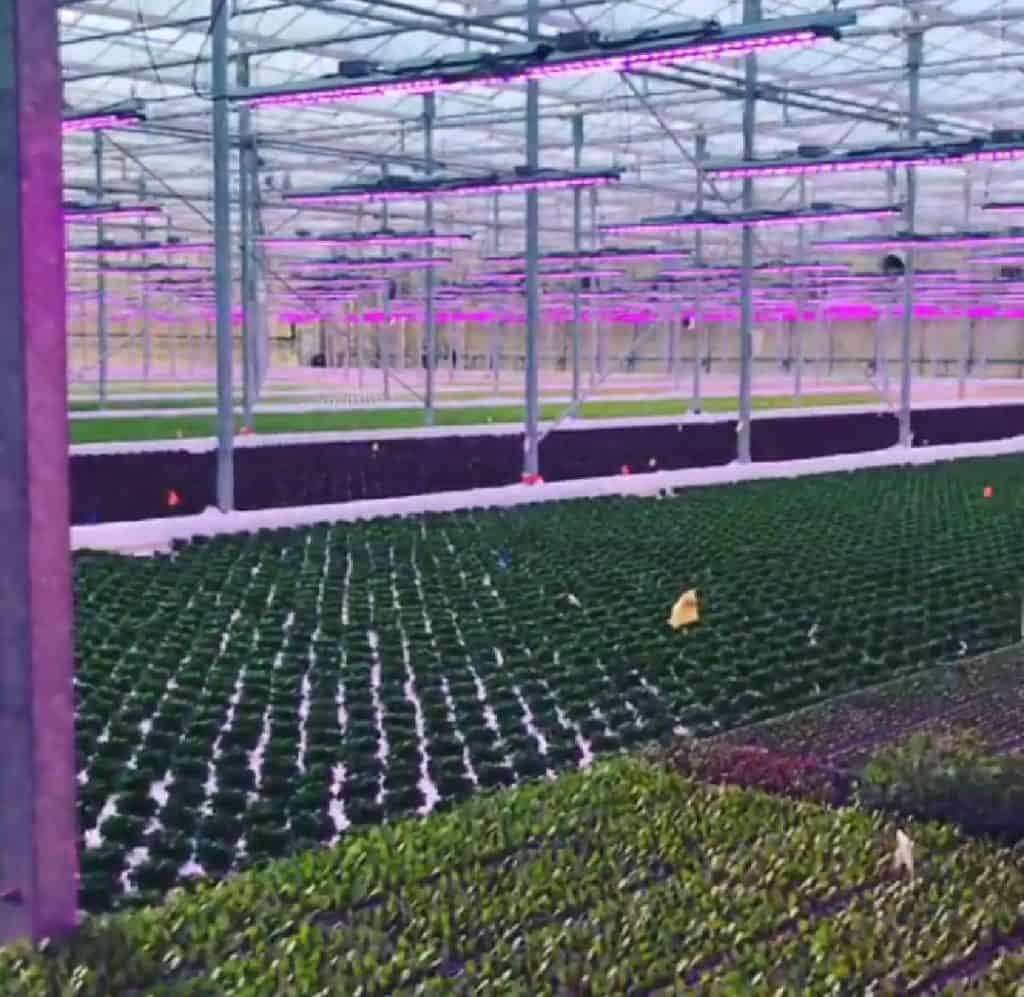Soil-less farming using hydroponic type techniques not necessarily organic as many producers use pesticides. Several activists and farmers opposed all soil-less produce being labeled as organic in US.
Lawsuit by CFS Against Hydroponic Produce
Centre for Food Safety and Farmers from Maine to California filed a lawsuit against USDA’s decision for organic certification to hydroponic produce. Further, they claimed that the decision undermines the integrity of the country’s organic. Also, they stated that the decision plays with consumers’ trust and puts the soil growers at a disadvantage.
The Argument
The Organic Foods Production Act (OFPA) mandates organic cultivation to improve soil-fertility. Hence, the group argues that the decision is not in line with the OFPA Act. Further, it argued that the organic product must deliver ecological benefits to the consumer, to which the label is associated.

Organic Improves the Fertility of the Soil
Several organic farmers complained that they are facing tough competition from the hydroponically produce. Andrew Kimbrell, executive director of the plaintiff Center for Food Safety stated that ‘organic’ is not just about growing food in soil but also to improve the fertility of the soil. Further, he stated that the USDA’s loophole of hydroponic produce guts the very essence and violates the law.
Hydroponic-Uses Water for Cultivation
Hydroponic farming uses water to grow plants and hence water is the only source of nutrients for plants. However, they also use external nutrients and insecticides/pesticides in some cases. US law requires that the method must foster soil fertility to produce organic crops. Despite the recommendations of the National Organic Standards Board (NOSB) to prohibit organic certification of hydroponics, the USDA has notified it as organic. As a result, the CFS filed a petition on 2nd March 2020.
CFS Efforts
This is not the first time the organic standards have been diluted in the USA. Also, CFS was successful in closing the loophole that was allowing organic operations to use compost contaminated with pesticides. Also, it has challenged the government for reconsidering standards for organic livestock care, such as adequate space and outdoor access.
In all, organic certification needs to comply with the organic standards to provide better value to consumers.